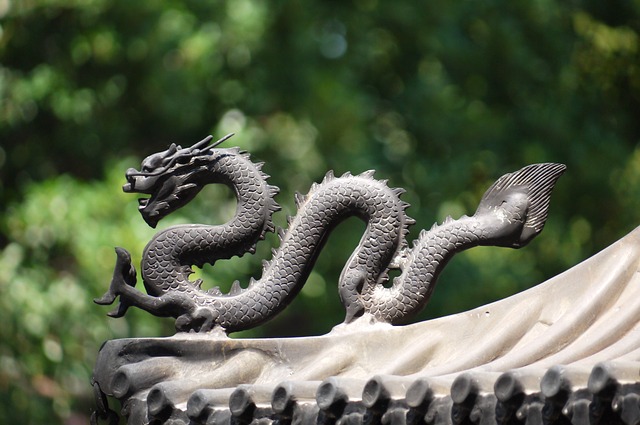March 3, 2017
Beijing Hosen Investment Management LLP (Hosen Capital) announced the oversubscribed closing of its third fund, Hosen Fund III, at a total corpus of $440 million after being open for eight months.
Founded in 2010 and headquartered in Beijing, and with additional offices in Chengdu, Shanghai, and Guangzhou, Hosen Capital was spun out of New Hope Capital, the financial management arm of New Hope Group. Led by former New Hope Capital team members, Chris Wang and Alex Zhang, Hosen has $2.31 billion in assets under management and focuses on investments in food and agribusiness-related companies that are either directly located in China, or are directly involved in meeting demand on the Chinese market.
Eaton Partners served as the exclusive fund placement agent and advisor, while Clifford Chance was appointed as legal counsel to Hosen throughout the offering process for Fund III, which saw significant demand from a range of global institutional investors from the U.S, Europe, Asia, and the Middle East. This demand extended to the International Finance Corporation (IFC), the investment arm of the World Bank, which committed $30 million to the fund in August 2016.
End of Year Plans
In December 2016, Hosen capital announced that it expected its third fund to close oversubscribed beyond its targeted goal of $400 million by the end of the year.
This announcement however, was followed by another at the beginning of February 2017 outlining an undisclosed commitment to the fund by German animal nutrition and industrial solutions business Evonik.
And although Evonik declined to disclose the scale of its investment in Hosen Capital Fund III, it did state that it plans to invest a total €100 million (US$107 million) in innovative technologies and specialized venture capital funds with geological focus on the U.S., European, and Asian markets.
“Our strategic involvement in the Hosen Capital Fund III gives us access to partnerships with innovative technology start-ups in the Chinese agriculture and nutrition industry, resulting in essential impulses for further business development,” noted Emmanuel Auer, head of Evonik’s Animal Nutrition Business Line at the time of the announcement.
Commenting on Evonik’s choice to back Hosen Capital’s Fund III, a spokesperson for the company told Feed Navigator, “We expect a trend of modernization and professionalization in animal protein production in China and other Asian markets. Our investment brings us close to these innovations, which we want to leverage in our business.”
China’s Nod to PE
Indeed, China-focused agricultural investment may be entering a key window of opportunity. China’s National Development and Reform Commission (NDRC) and its Ministry of Agriculture released a joint announcement in the last weeks of 2016 that there is a push underway to open the country’s agricultural industry to greater private equity investment as a means to prompt supply-side agricultural reforms. In the announcement, the two bodies state that there will be more open support of private equity capital being invested in crop and livestock production, infrastructure, and the improvement of agricultural land, reports Reuters.
“With the participation of private capital, economic development efficiency will be higher,” said Agricultural Bank of China analyst, Ma Wenfeng. “But still the government needs to pay the larger share in those key areas and also strengthen supervision on the implementation of those projects.”
The announcement was made as Chinese leaders conducted a specified annual conference tasked with reviewing the country’s agricultural progress throughout 2016, and to plan the direction of the industry for the coming years.
With a population that accounts for nearly 20 percent of the world’s total, but only 7 percent of the world’s arable farmland, China became the world’s top importer of agricultural goods by 2011, and remains in a constant state of demand outstripped domestic supply.
So challenged, Beijing has pledged that by 2020 the government will create more than 53 million hectares of arable farmland, ramp up investment in agricultural technology, and will initiate training programs for farmers.
This ideology designed to push the modernization of one of China’s top strategic industries, together with China’s track record of subsidizing its agricultural production systems, point to an upward trend for opportunities and the liberalization of a lucrative investment channel for agricultural investors in the country in the coming years.
-Lynda Kiernan
Lynda Kiernan is Editor with GAI Media and daily contributor to GAI News. If you would like to submit a contribution for consideration please contact Ms. Kiernan at lkiernan@globalaginvesting.com

Let GAI News inform your engagement in the agriculture sector.
GAI News provides crucial and timely news and insight to help you stay ahead of critical agricultural trends through free delivery of two weekly newsletters, Ag Investing Weekly and AgTech Intel.




